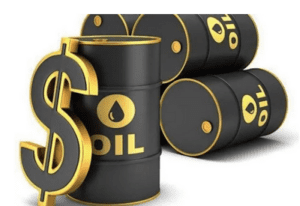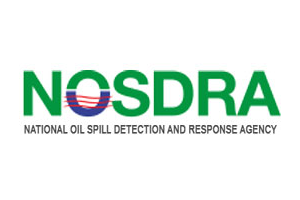


PETAN resolves to support Nigeria’s oil, gas production growth
The Petroleum Technology Association of Nigeria (PETAN) has promised its support to the Bola Tinubu-led administration toward increasing country’s oil and gas production for maximum value.
Mr Wole Ogunsanya, the Chairman of PETAN, expressed this commitment during an interactive session with energy correspondents on Friday in Lagos.
He said that the vision and intention of PETAN was to support the authorities to ensure that all the values existing in the oil industry stay in Nigeria.
Ogunsanya highlighted the potential economic benefits if Nigeria retains 60 per cent to 70 per cent of the oil and gas value chain domestically, while aiming at emerging as one of the top 20 economies in the world.
He expressed concerns over Nigeria’s current underproduction, estimating losses of at least 500,000 barrels per day, translating to billions of dollars annually.
To address these challenges, Ogunsanya emphasised the need for government policy initiatives and industry collaboration to fill existing gaps.
He pointed out that the presidency had given the directives and had formulated a lot of gazettes, stating that PETAN aligned with those initiatives.
Ogunsanya further said, “Our intention is to support this government and support this country to increase production of oil and gas.
“I presented this vision to the whole house of PETAN exactly a week ago and the vision is very clear.
“PETAN wants to support Nigeria through innovative means to increase product of oil and gas in this country.
“That is the mandate that the president has given. PETAN is going to come with very innovative ideas on how this is going to be achieved and even low-cost approach that is being used in other countries.
“If you go to Indonesia where some of us have relationships, this is what they are doing.
“They are looking inwards on how to maximise returns from the resources that they have.”
Owing to the technical know-how of the members and the unique position of the association, the PETAN boss said they are working with the government to create value for the country.
Ogunsanya said that the group’s commitment and response to the president’s mandate of increasing production was for them to be prepared to deploy all their assets at various locations in the Niger Delta to actualise that mandate.
He acknowledged the challenges facing the industry to include funding, logistics and others.



